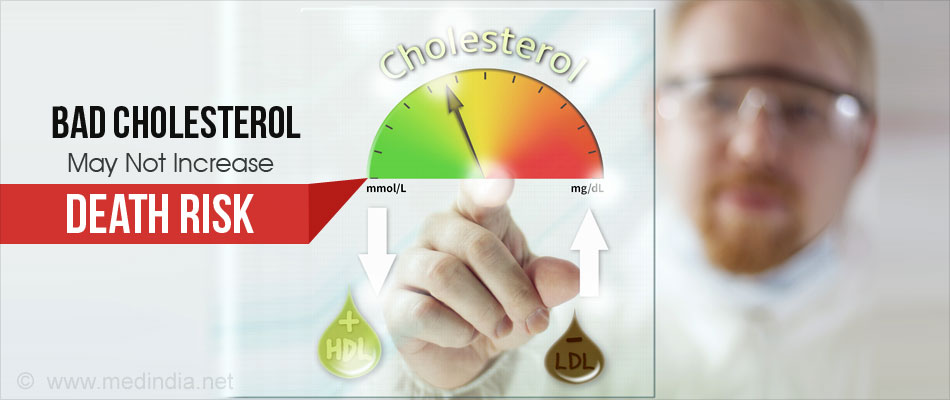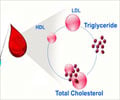
- LDL-cholesterol or bad cholesterol has been associated with atherosclerosis and cardiovascular disease
- A study indicates that high LDL-cholesterol levels may not be linked to increased mortality in the elderly, and therefore treatment of high levels in these patients needs reconsideration
- Several experts are skeptical about the results of the study, which need further investigation
The researchers found that high LDL-cholesterol levels were not linked to increased mortality in elderly individuals over the age of 60 years. They found that most patients with high LDL-cholesterol levels lived longer.
This study raises the question whether LDL-cholesterol is responsible for heart disease and death. This is in complete contrast to the current school of thought, where the notion is that atherosclerosis starts in middle age and should therefore only worsen with advancing age, thereby proportionately contributing to a large number of deaths in older patients.
The researchers tried to explain their findings. One possible explanation is that LDL-cholesterol may have a protective effect against diseases caused or aggravated by microorganisms. For example, some viruses cause cancer, which is a common cause of death in the elderly. LDL-cholesterol may protect against these cancers. Therefore, low LDL-cholesterol levels may increase the chances of fatal diseases, including cancer.
Drugs belonging to a group called statins are commonly used for the treatment of high cholesterol levels. Though their protective effect is beyond doubt, some feel that they are being over prescribed. The researchers feel that guidelines regarding treatment of patients with high LDL-cholesterol levels to prevent cardiovascular disease may need re-evaluation in light of the results of this study.
Till more is confirmed in this context, it is advised to follow the current guidelines which are based on large well-designed studies, and keep the levels of bad cholesterol under check with lifestyle changes and medications where necessary.
- Ravnskov U, Diamond DM, Hama R, et al. Lack of an association or an inverse association between low-density-lipoprotein cholesterol and mortality in the elderly: a systematic review. BMJ Open 2016;6: e010401. doi:10.1136/ bmjopen-2015-010401















